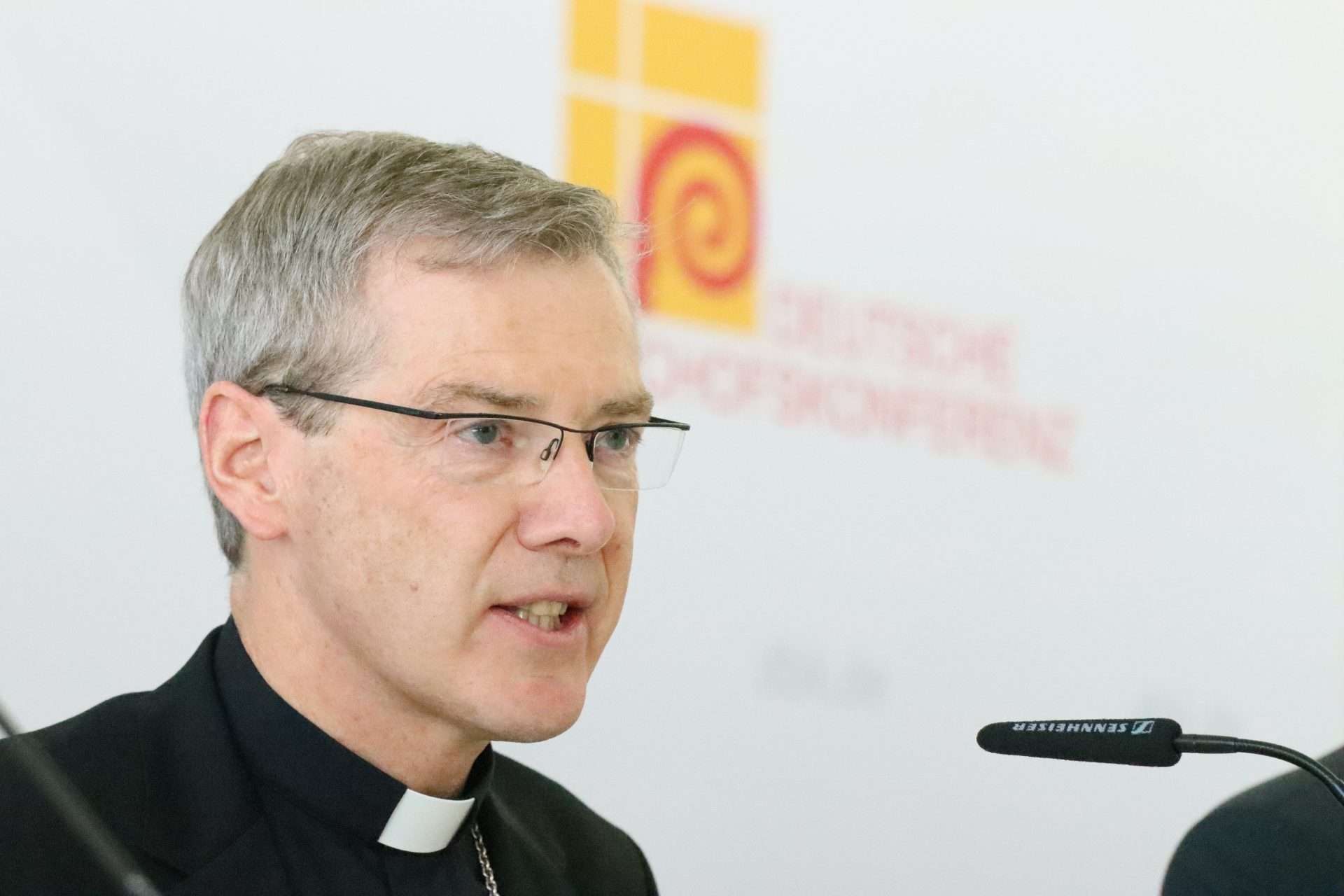First synod final reports published: on digital culture and seminary formation

ROME (OSV News) — A Synod on Synodality study group has recommended the creation of a new “Pontifical Commission for Digital Culture and New Technologies” in the first of 15 synod study group reports expected in the coming weeks.
The Vatican published the first two final reports from its Synod on Synodality study groups on March 3.
The first report contains recommendations on navigating the Church’s presence in digital spaces, including a proposal for a Vatican office or commission to monitor emerging theological, pastoral and canonical questions; prepare guidelines and training strategies for bishops, priests, religious and laypeople; and support bishops’ conferences in integrating digital mission into their pastoral plans.





